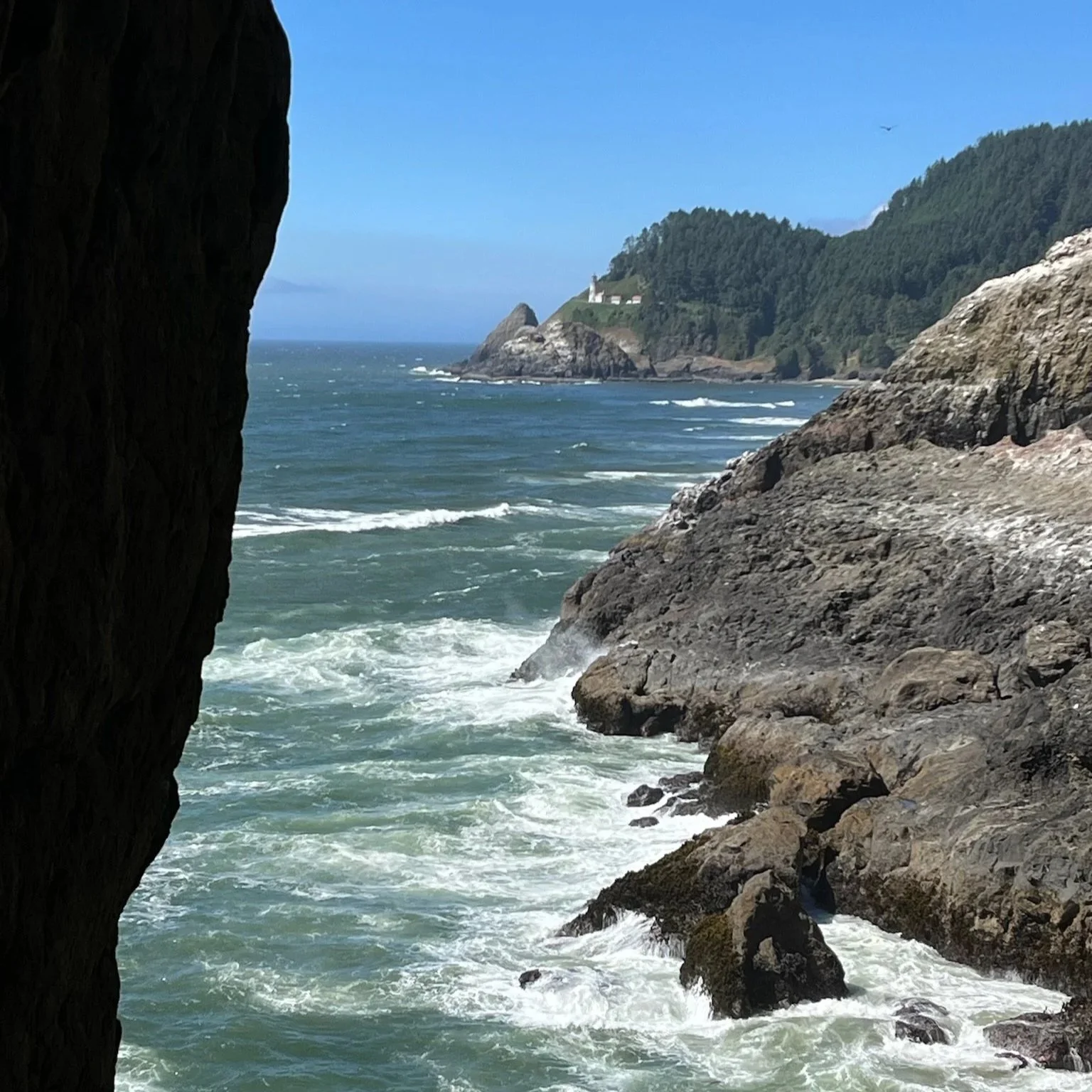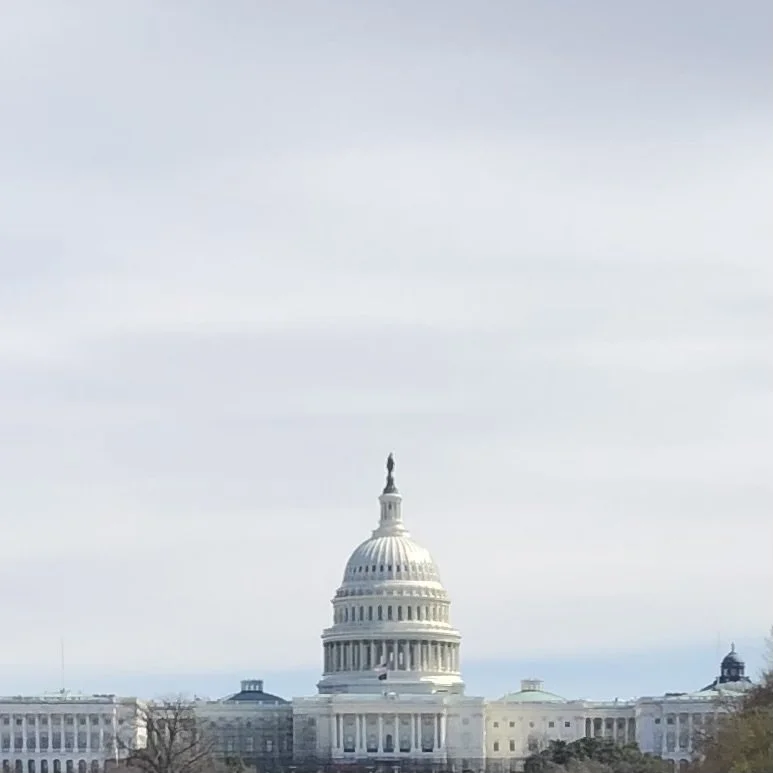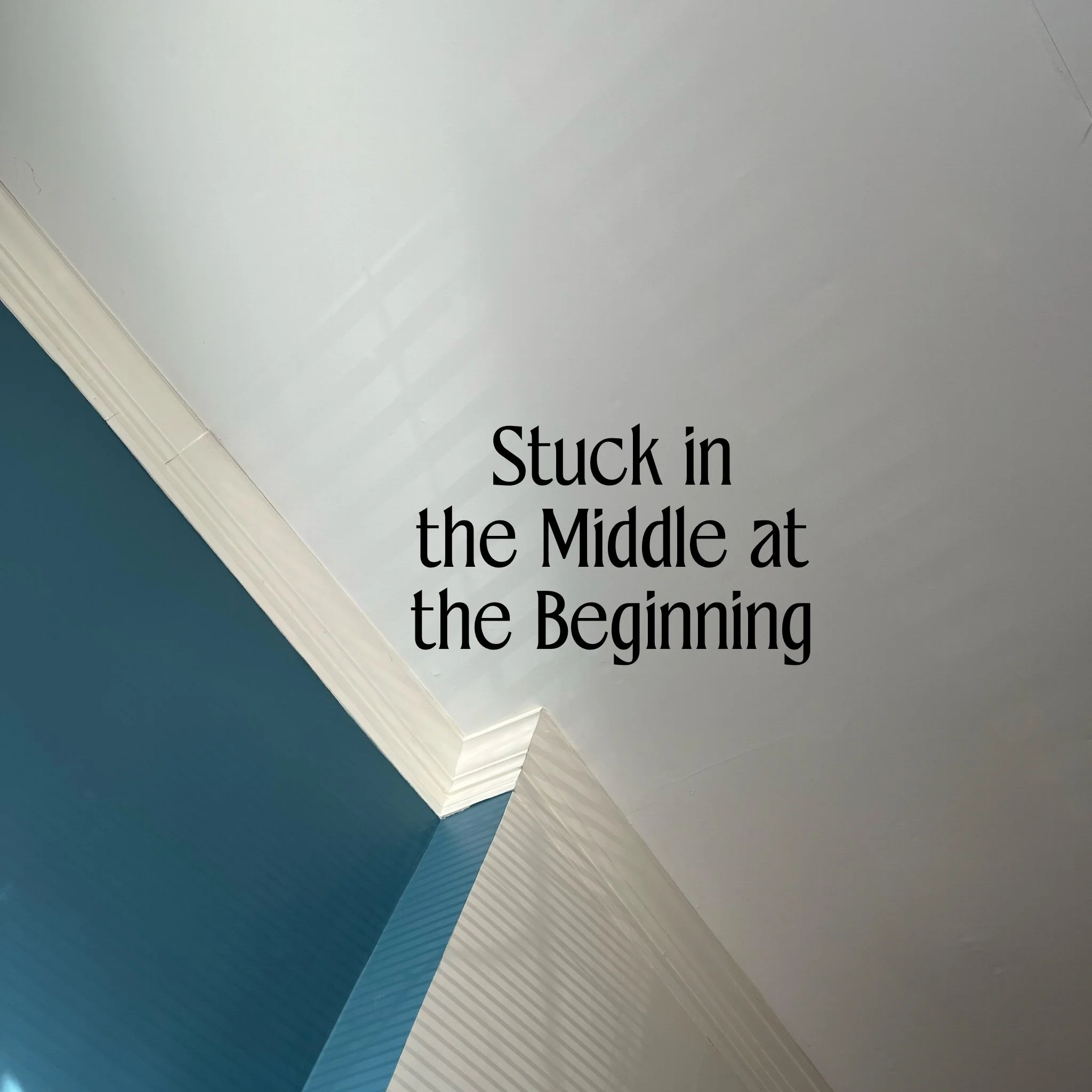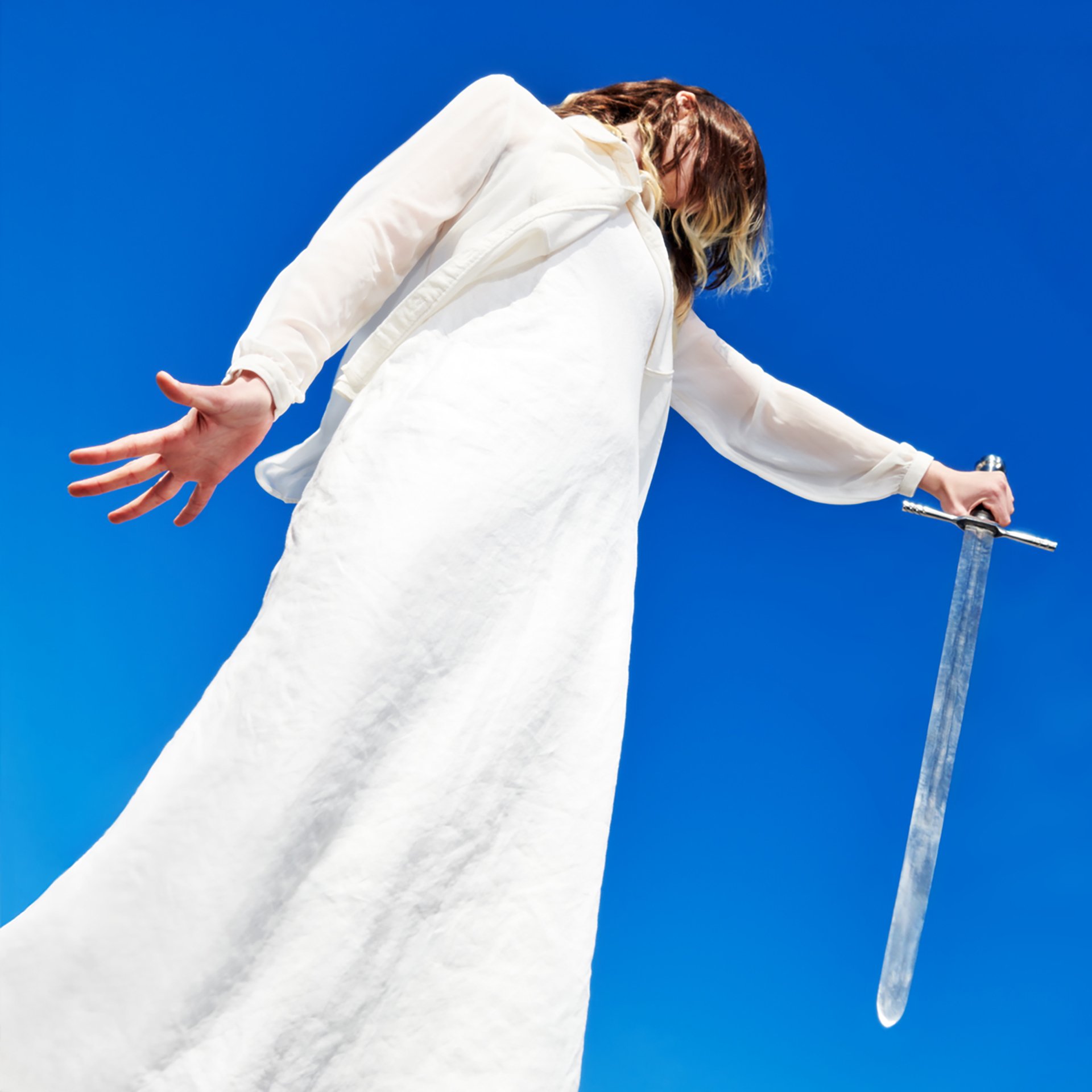About a year ago, I was attending a showing of The Dark Knight Rises. I watched Gotham City fall under Bane’s totalitarian regime, the resulting social upheaval, and the eventual resistance led by Batman. Somewhere around the point where Joseph Gordon-Levitt kept drawing the symbol of a bat on buildings to give people hope, it dawned on me: This story seems to be happening a lot right now.
Stories about people living under unjust systems and governments were everywhere. The Occupy Wall Street movement had been making news since the previous fall. For some time, EA had been telling me that I should read The Hunger Games. That fall would see the premiere of the television show Revolution. Shoot, even Coldplay’s most recent work, Mylo Xyloto, was a pseudo-concept album about kids trying to make it work in some sort of dystopian society.
I was beginning to notice this vibe in the cultural air as I was thinking about the next summer’s Seesalt theme. And it occurred to me that these stories of oppressed people, totalitarian regimes, and a hope for some sort of uprising was not all that different from the context of the gospels. Rome was Bane’s henchmen, Panem, and all other powerful oppressors rolled up into a historical empire and multiplied several times over. The tension and resistance that was seen in these cultural stories would have been quite similar to that which existed in the day of Jesus.
All of which led to a question: What if we took the story of Jesus and set it in the context of these present day stories of resistance?
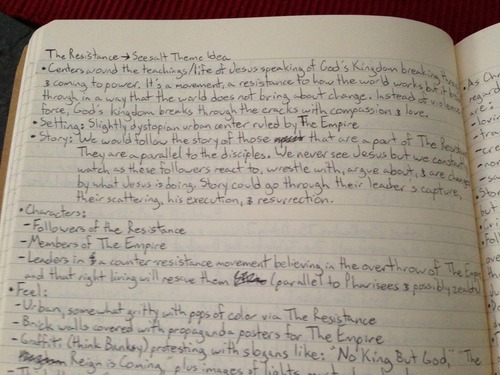
The Resistance is actually the original name that I had for the theme. The name Uprising, which I like quite a bit better, did not come around until I officially pitched the theme. But I loved the idea of focusing solely on the story of Jesus and his followers. I feel like sometimes we get so bogged down in theology, morality, and other things that are genuinely important to the Christian faith, that we sometimes forget or take for granted the beating heart that is the gospel story.
I realized early on that this notion of an uprising was a tricky endeavor. In the church and in politics today, there is lots of talk about taking back America. Anyone that has read this blog for any length of time know that I don’t really endorse that “take back” philosophy. Initially I was worried that Uprising would be seen as falling in step with that fighting brand (there’s actually a note lower on the page pictured above concerning that concern).
Yet the beauty of the story of Jesus is that it is the story of Jesus. His uprising was very different from how we consider revolutions and rebellions. It was not politics or morality (not that there’s anything wrong with morality) that brought about freedom. It was a grassroots campaign of love, grace, sacrifice, and redemption. It attracted people from all walks of life and not simply the powerful or those that were considered worthy of the religious gatekeepers of the day. Thankfully, the gospel itself allayed those early fears.
It was quite a lot of fun to build the world of The City (its official name in the script) and The Empire. You can see pieces of those pop cultural influences in the final product. I read The Hunger Games as I was brainstorming the theme and you can easily see the job-specific Districts in the Sectors. Even that scene of Joseph Gordon-Levitt drawing the bat symbol is reflected in the scene where the uprising symbol is drawn on Empire posters.
I created maps and posters that we never used. There are backstories to why different Sectors had different jobs and why characters were from those specific Sectors. It was a blast to build this world and then have it tie in with this re-telling of the gospel story.
Yet even more gratifying was the gospel story itself. I figured out pretty early on that I didn’t want Jesus to be a character on the stage. It is just incredibly different to have someone portray Jesus and it ring true (and it makes off-stage interaction with people super-awkward for that person). Instead, I wanted to follow the disciples as they responded to, wrestled with, marveled at, and were utterly confused by all that Jesus was saying and doing.
My hope was that students could see themselves in the disciples and that Jesus would be all the more real to them through that even though he wasn’t on stage. It was meaningful to try to see these age-old stories with new eyes.
It was fun and important to ask questions: How would a person react to what Jesus preached in the Sermon on the Mount? What would you do if this guy started healing people? What would you do when the Kingdom of God talk didn’t quite line up with what you expected? What would happen when people from different walks of life, with different ideas of how things were supposed to be got together? What kind of development and change would happen if you followed Jesus for that long?
One other piece of the origin to this summer. When I was a senior at Furman, my friend Andrew and I wrote a play called “Leave it Behind.” It was a drama that asked what it would have been like if Jesus called a bunch of college kids to follow him. When writing the script, I went back to that drama and was able to learn some lessons. First, I realized that I was hyper-earnest in college.
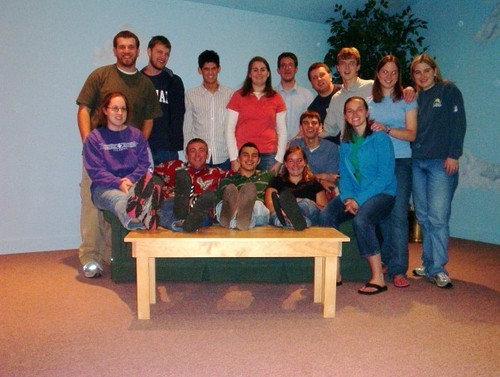
But more importantly, it gave me a springboard for this summer’s drama. I realized quickly that the modern day setting in “Leave it Behind” made no sense once Jesus was being rounded up and publicly executed. I also was aware that nearly all of the disciple characters came from privilege (they were college students) which would not exactly have been the case in reality. So I was able to course correct that some by building the Empire the way that I did and thus showing the relative lack of privilege of Jesus’ followers.
Yet “Leave it Behind” also contributed some valuable things as well. Two of my favorite scenes—the resurrection of LZ and the frenzied account of Easter Sunday—have their origins in that drama from 8 years ago. Even more, the community that was evident in going back and watching “Leave it Behind” was something I tried very hard to foster while writing the script for “Uprising.”
I could go on much longer, but ultimately it has been really cool to watch what has grown from that spark of an idea when watching a Batman movie. I have been humbled by the process as I have watched God taken my cobbled together ideas and make something of it. If you’ve gotten this far (or even if you haven’t) thanks for letting me share.
^/
